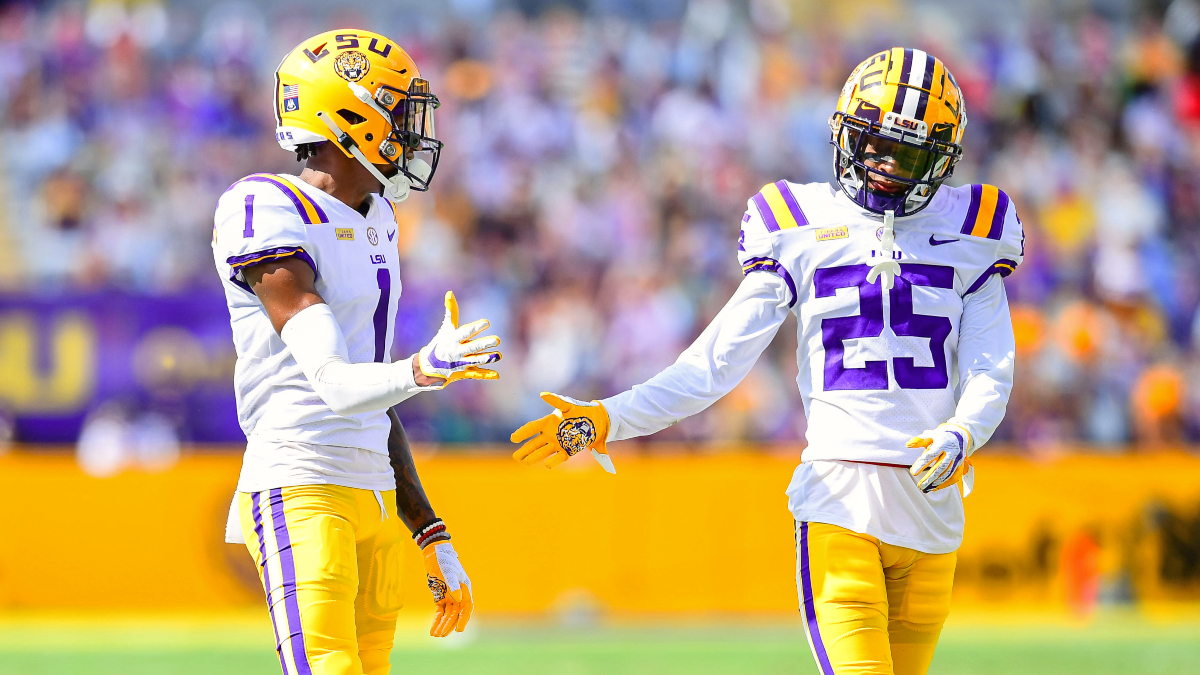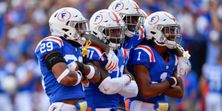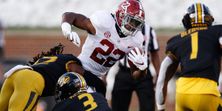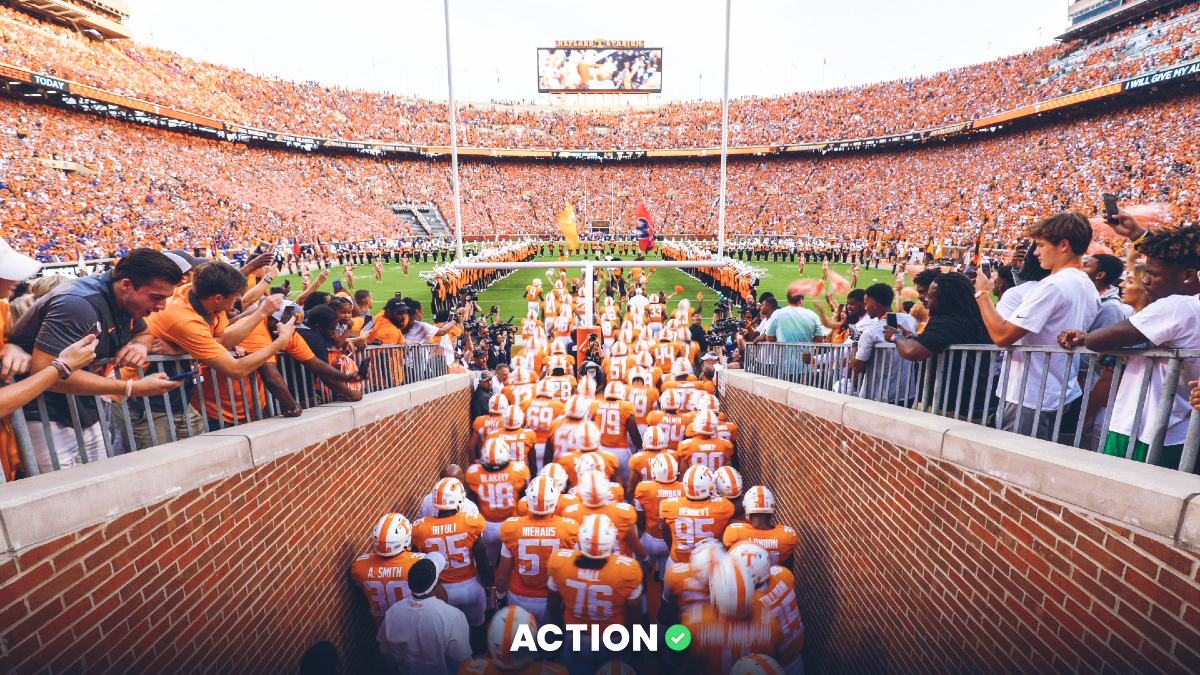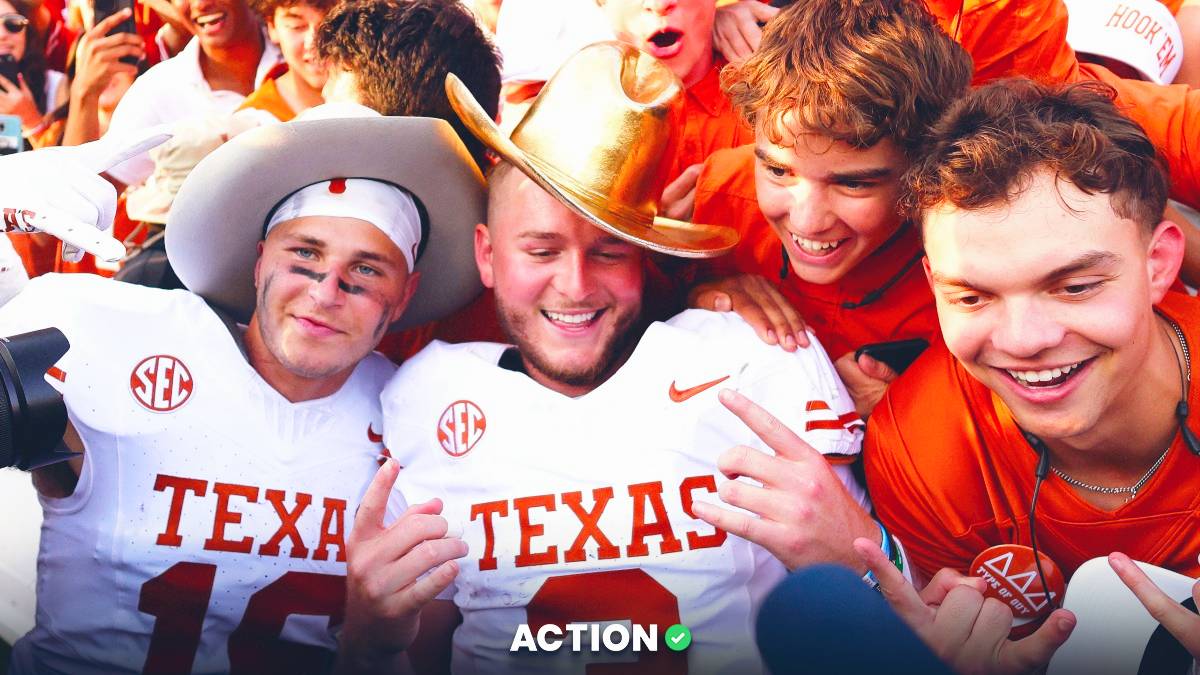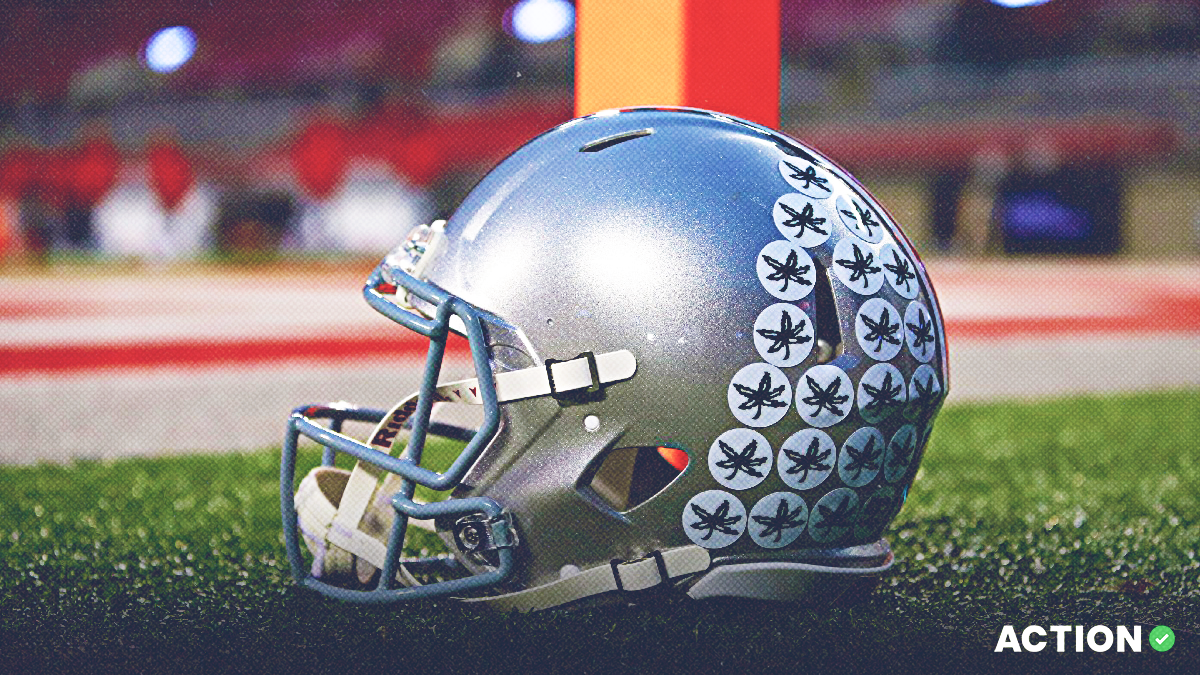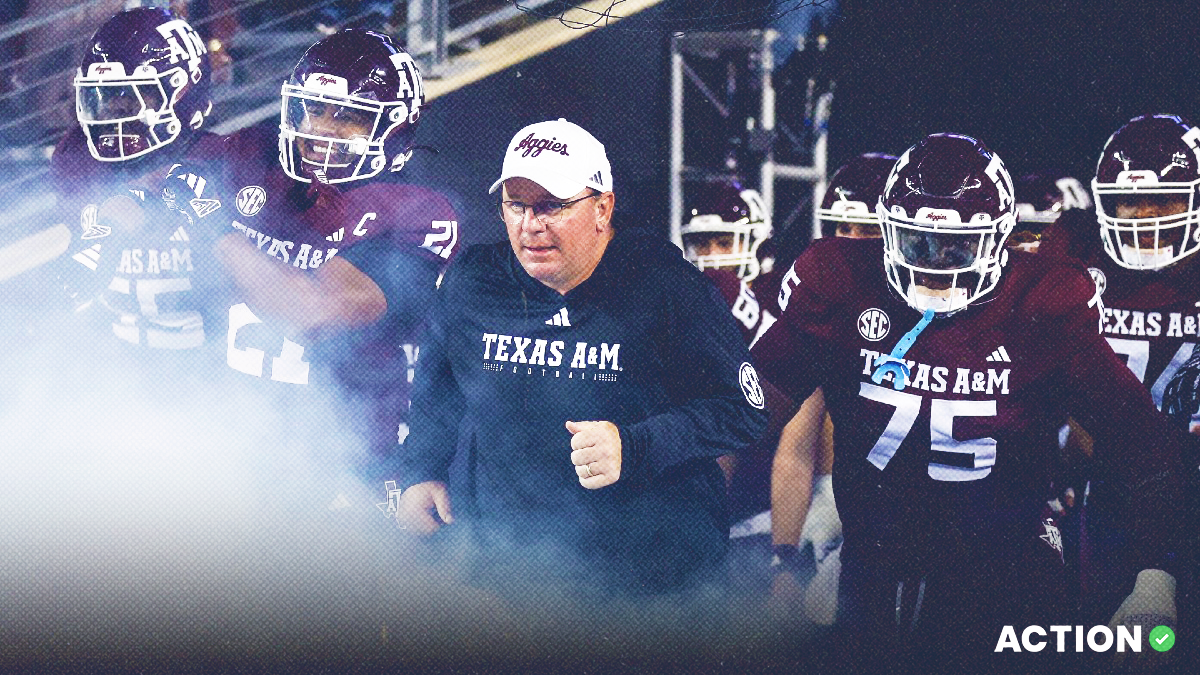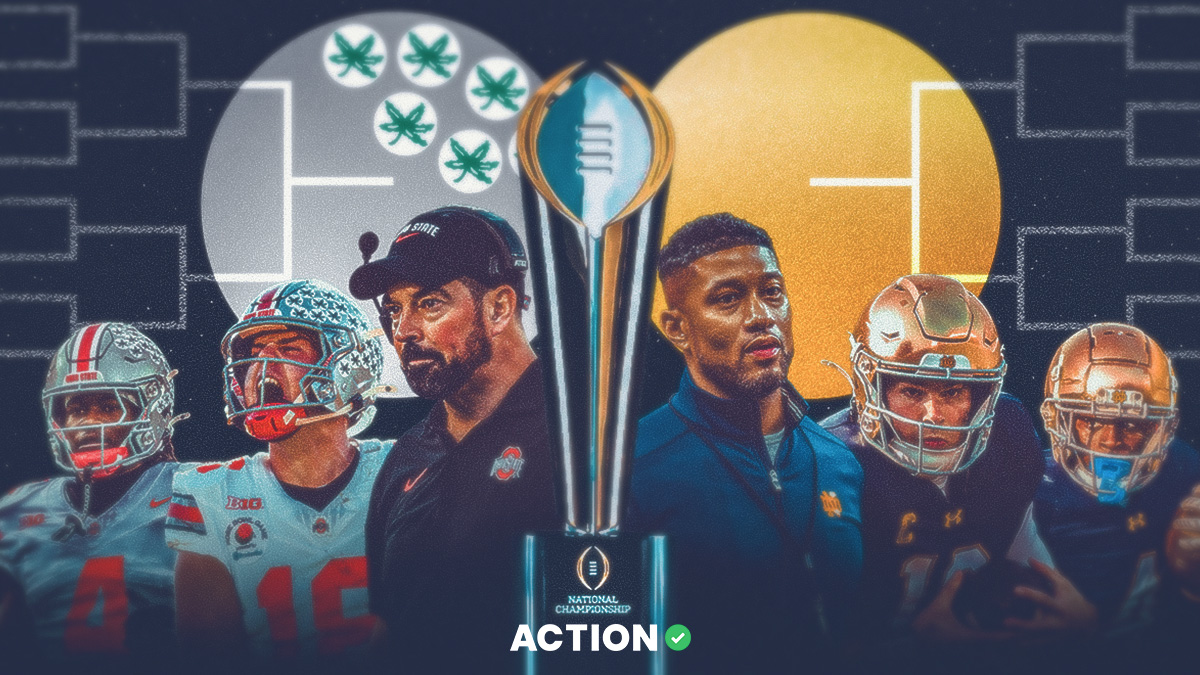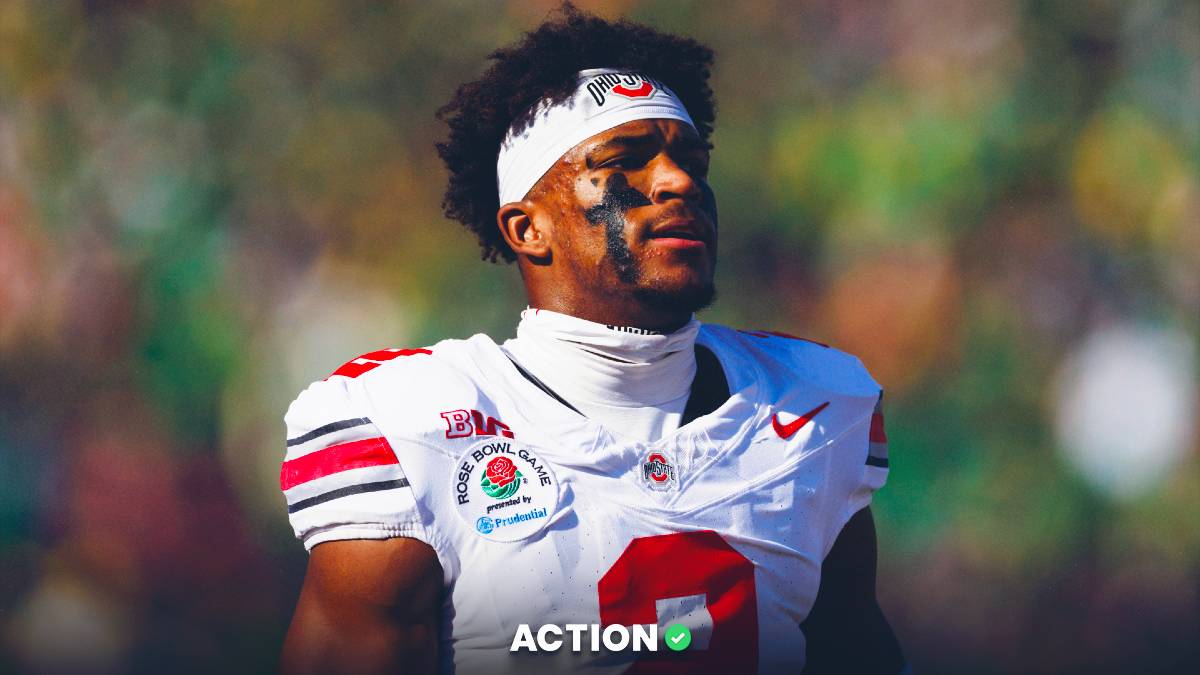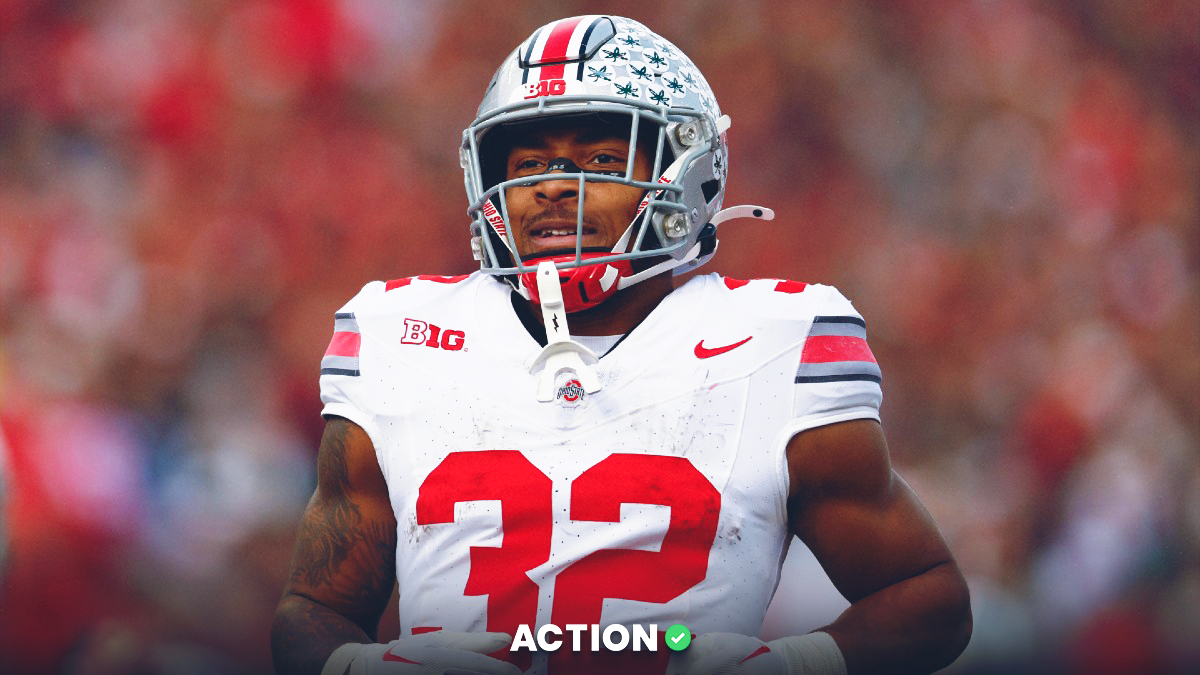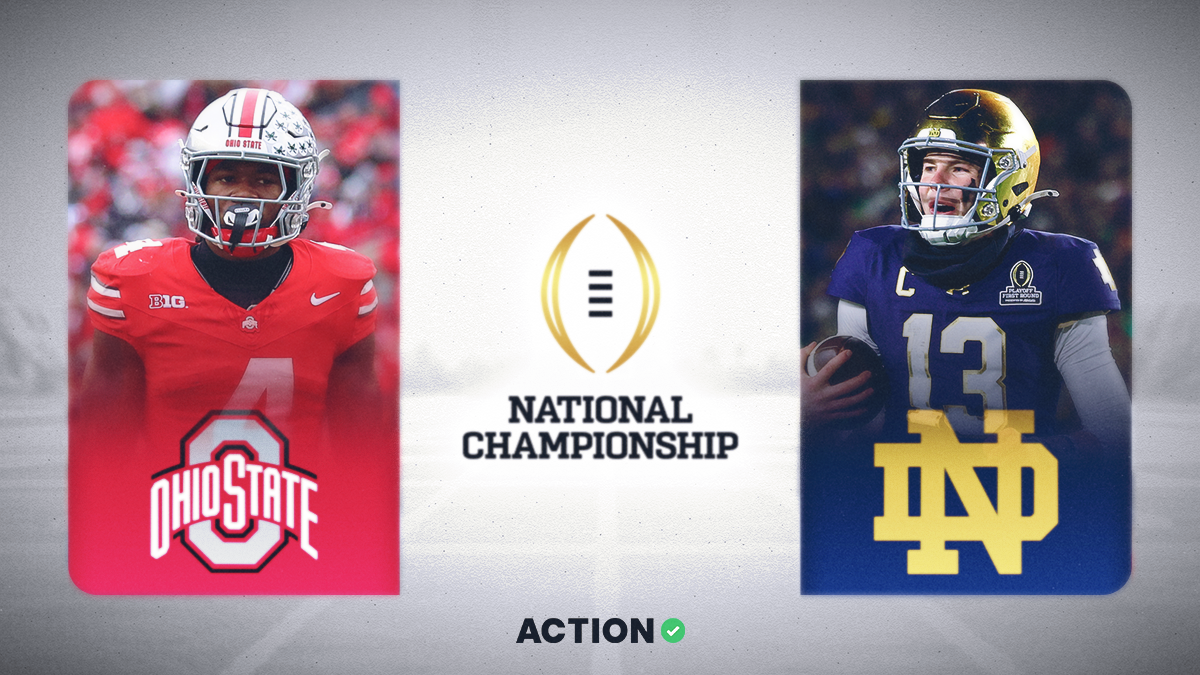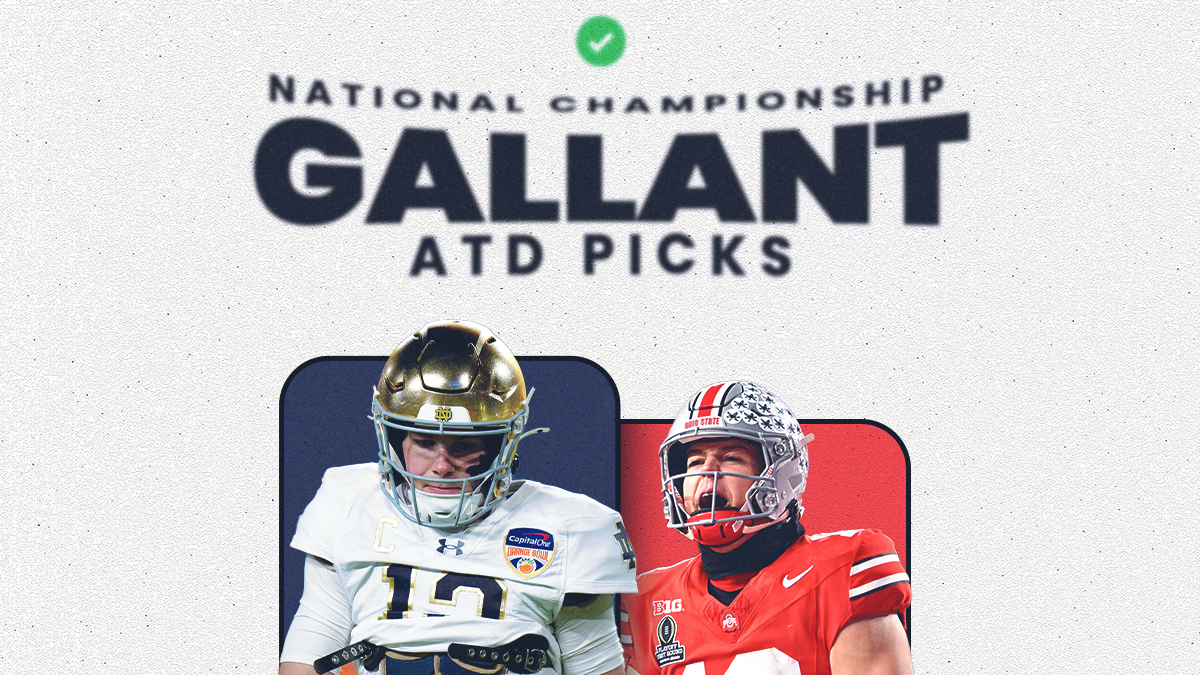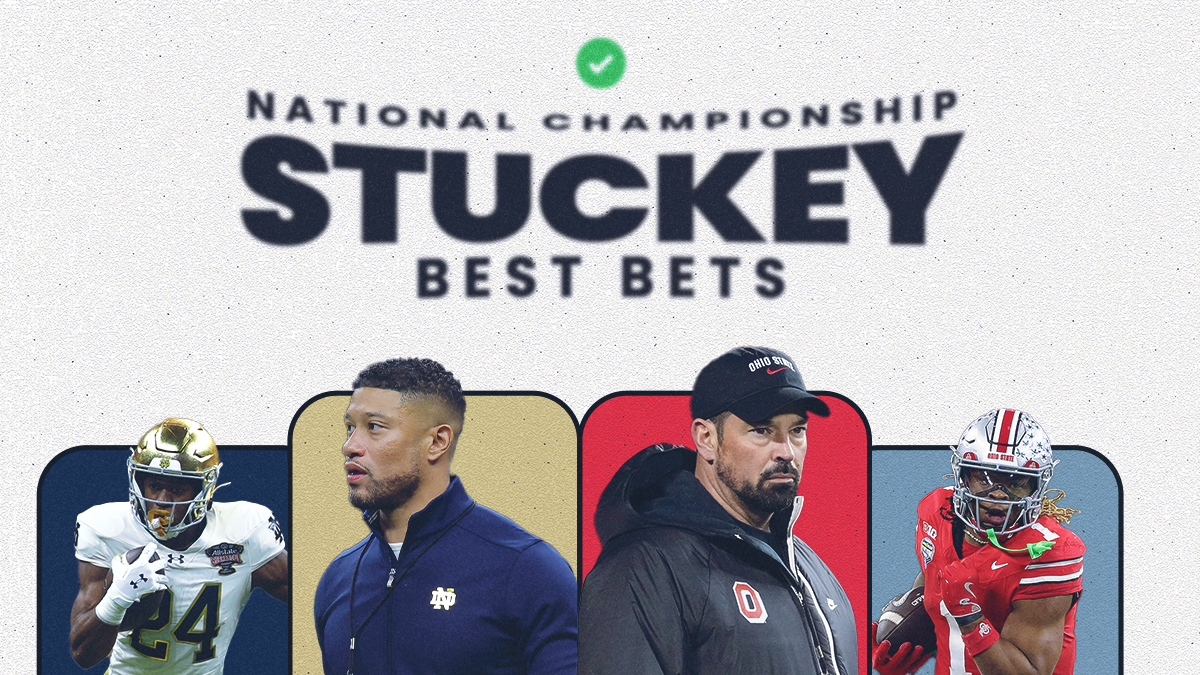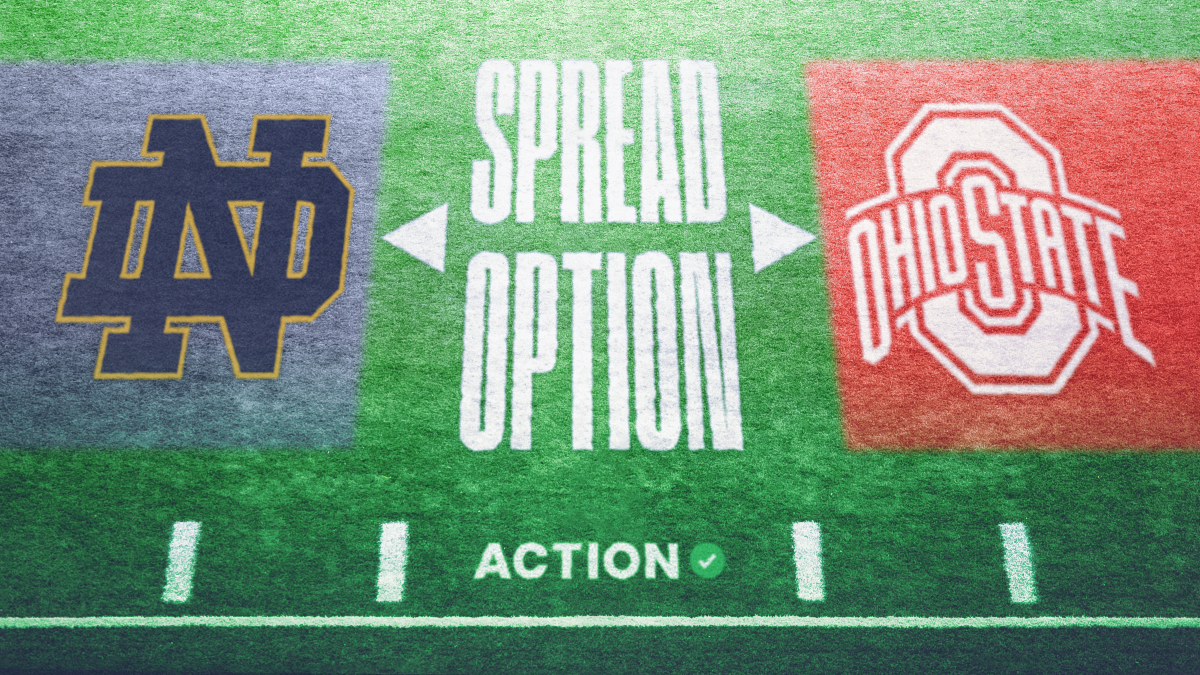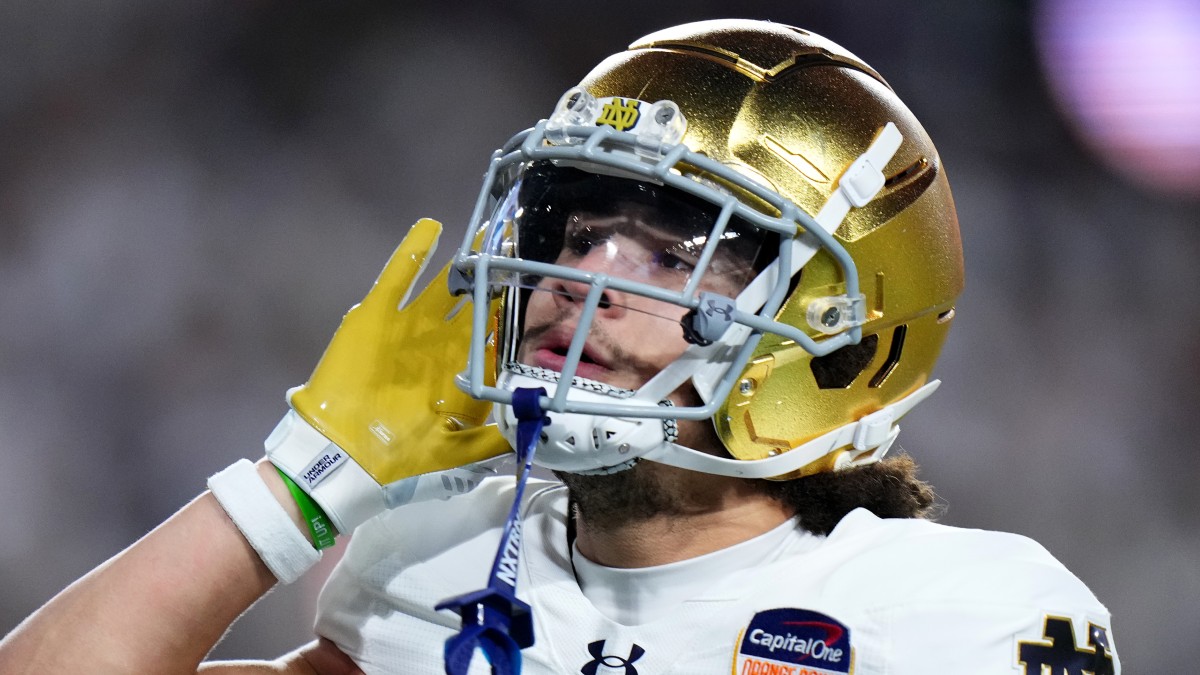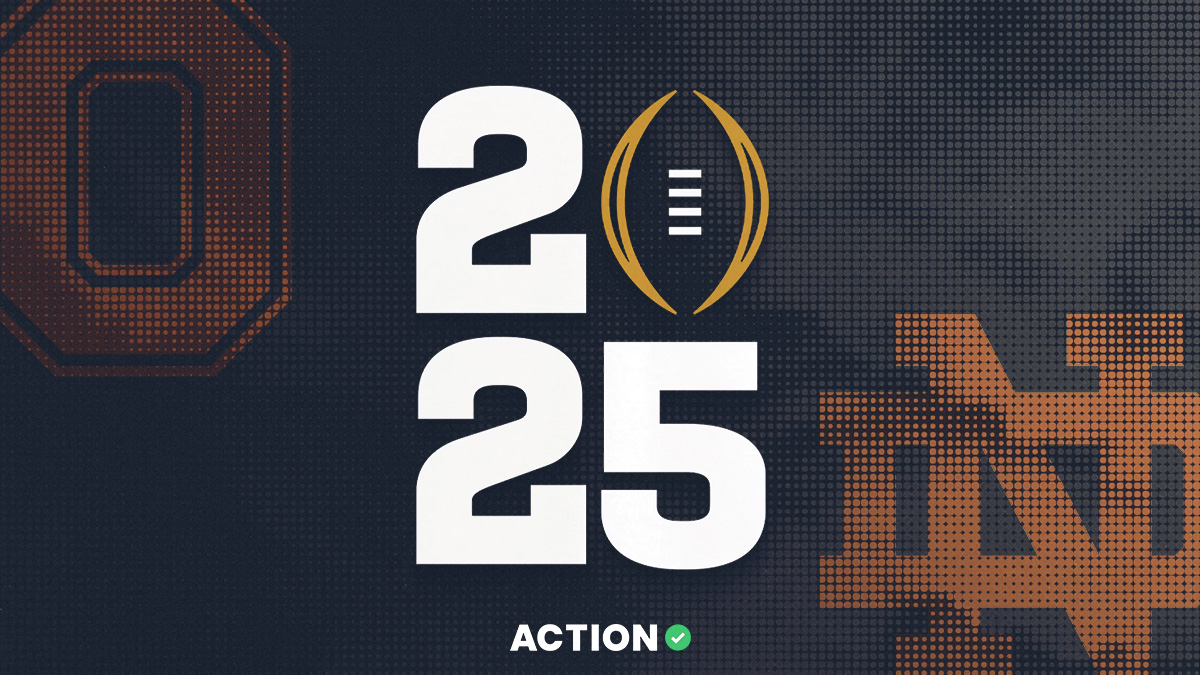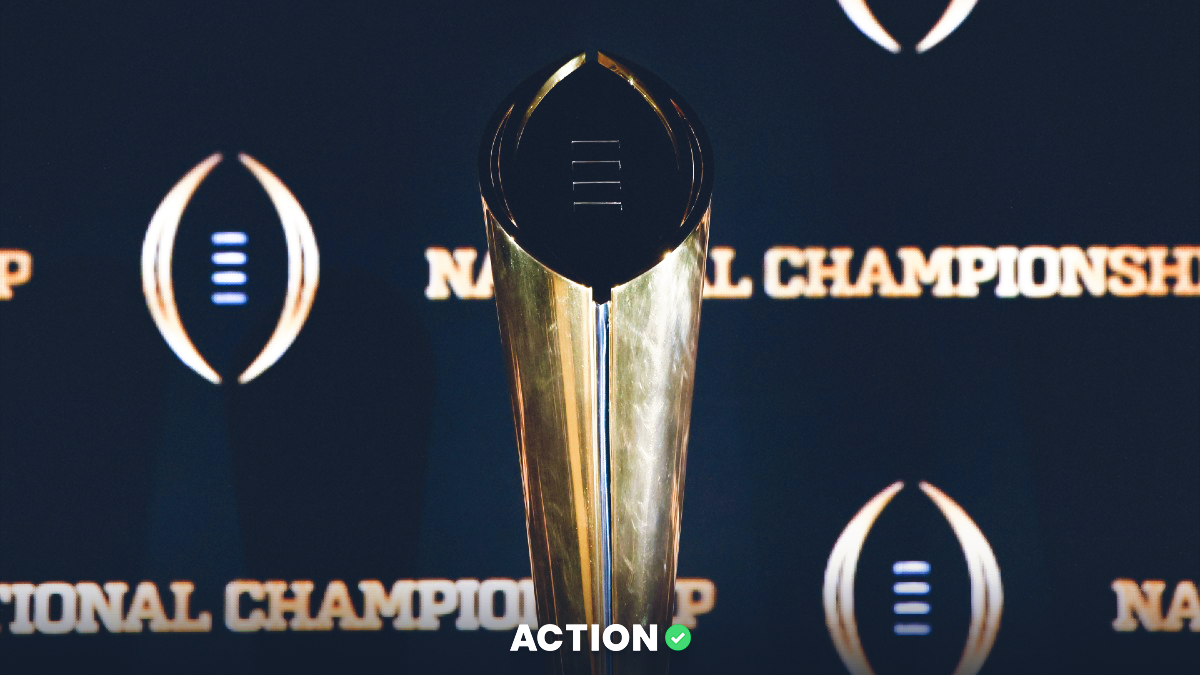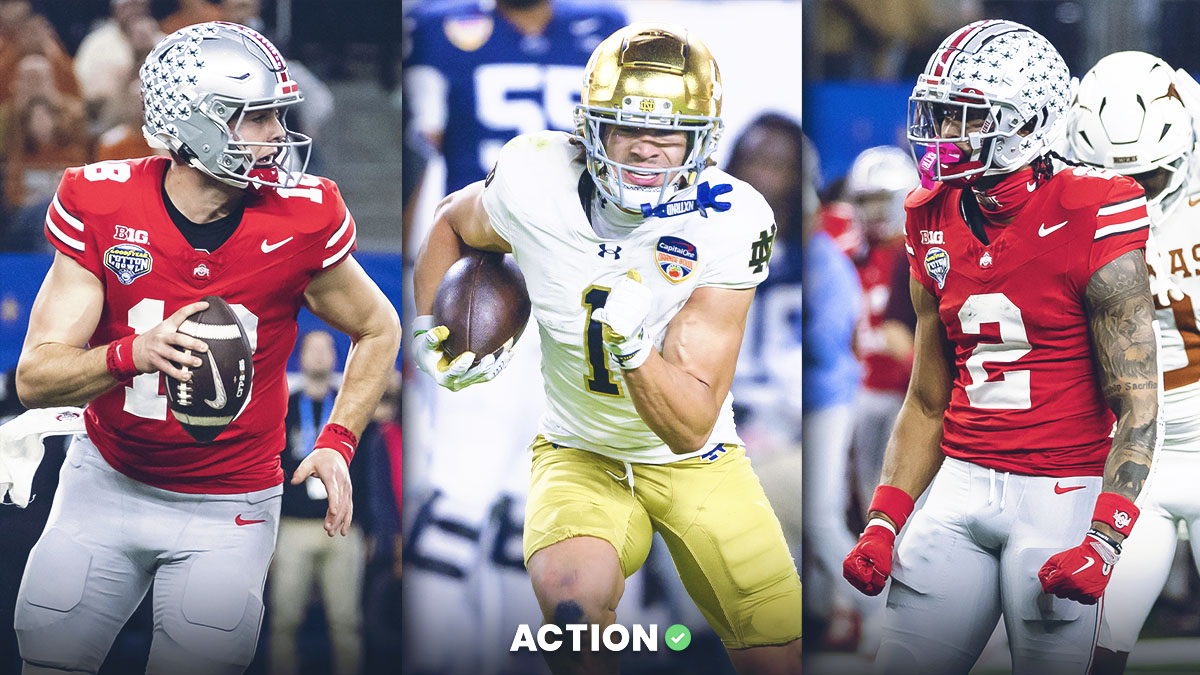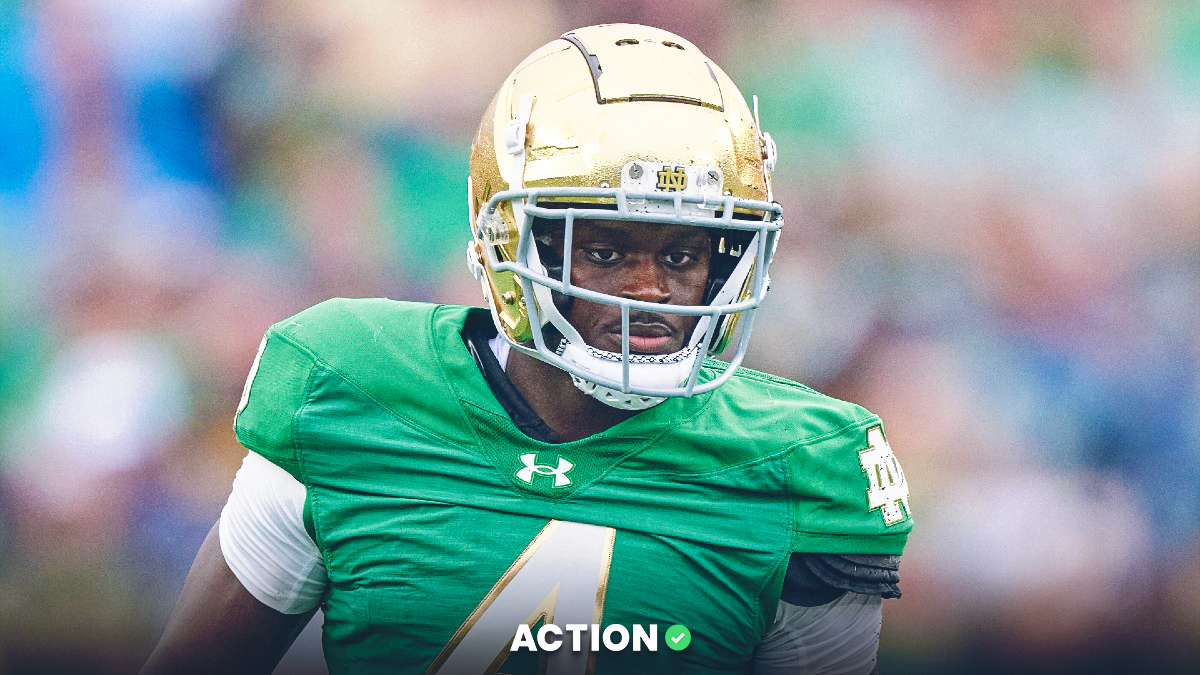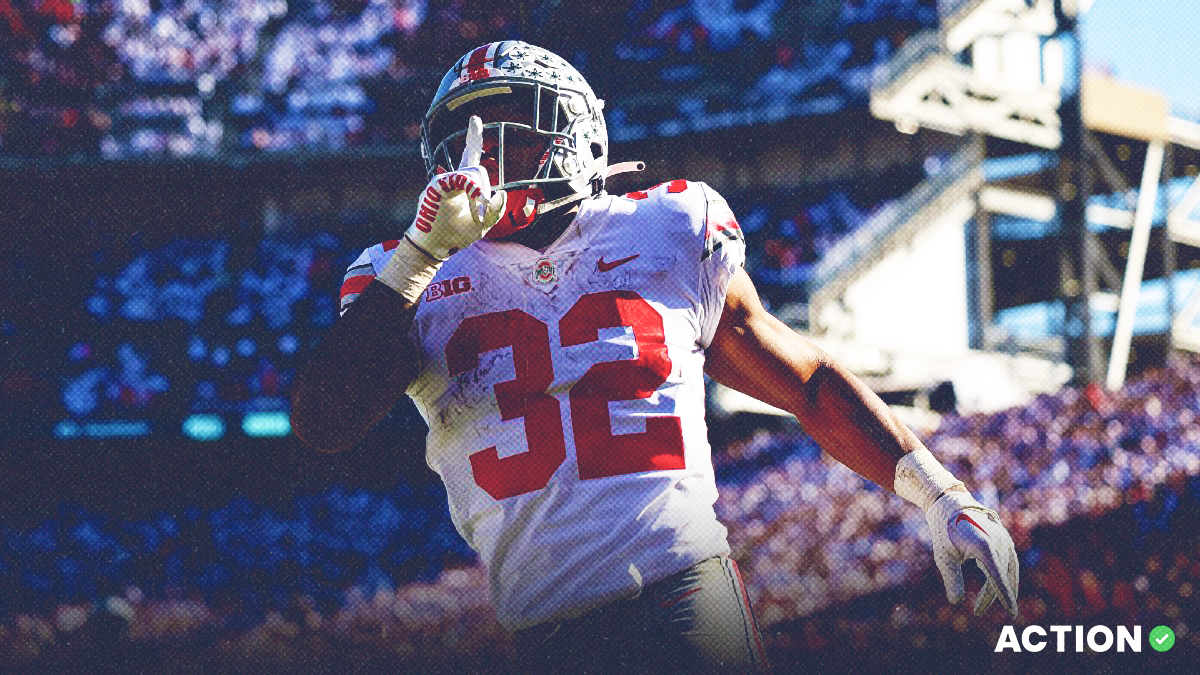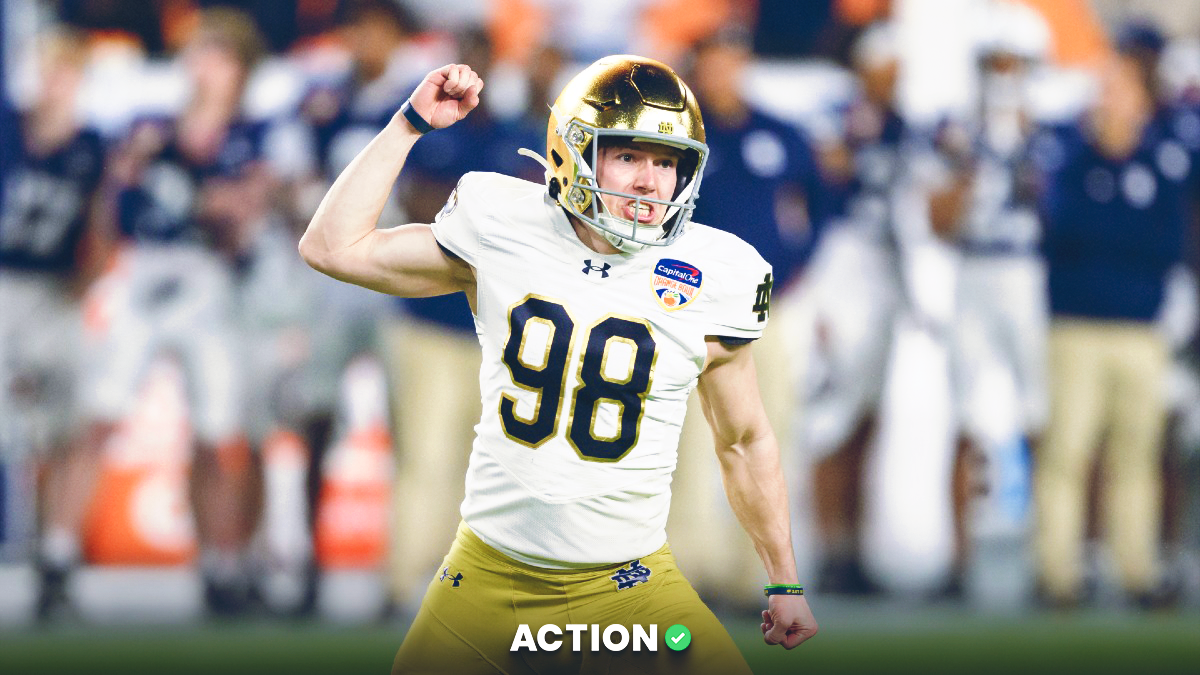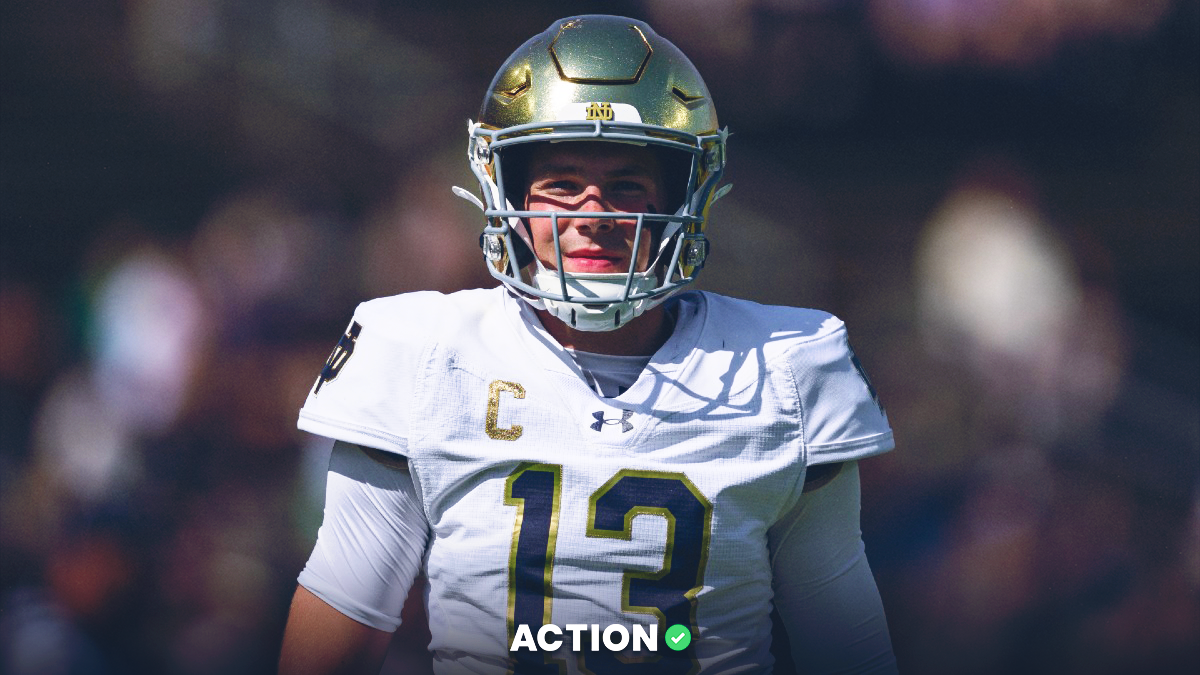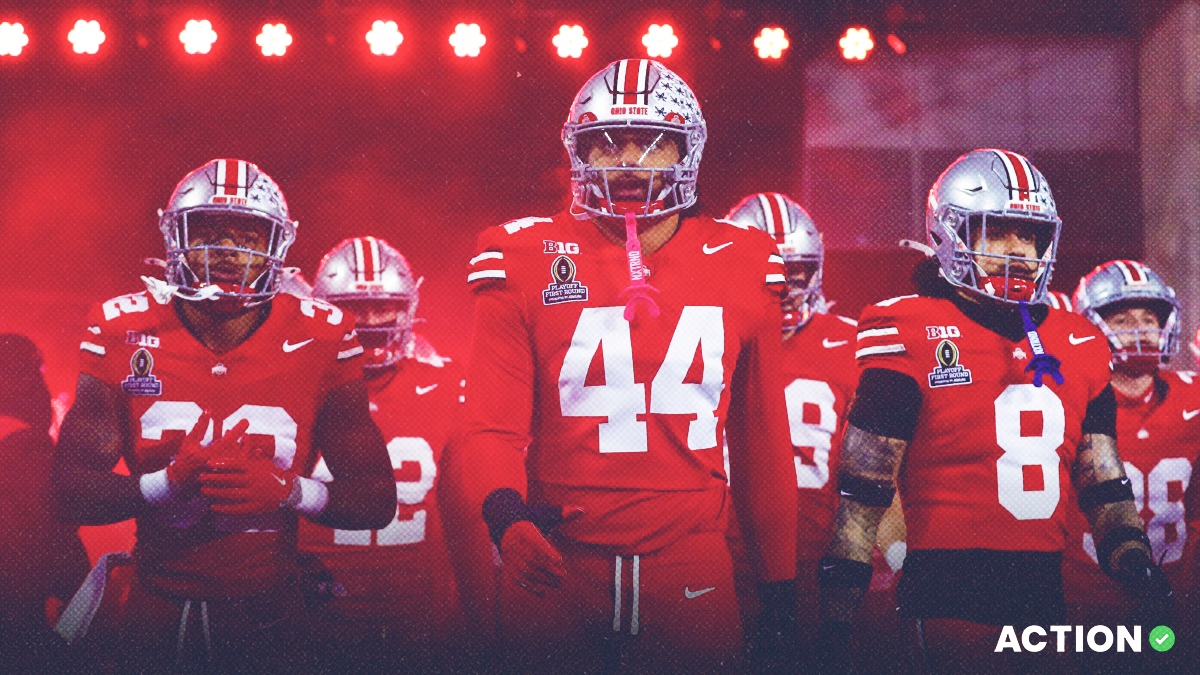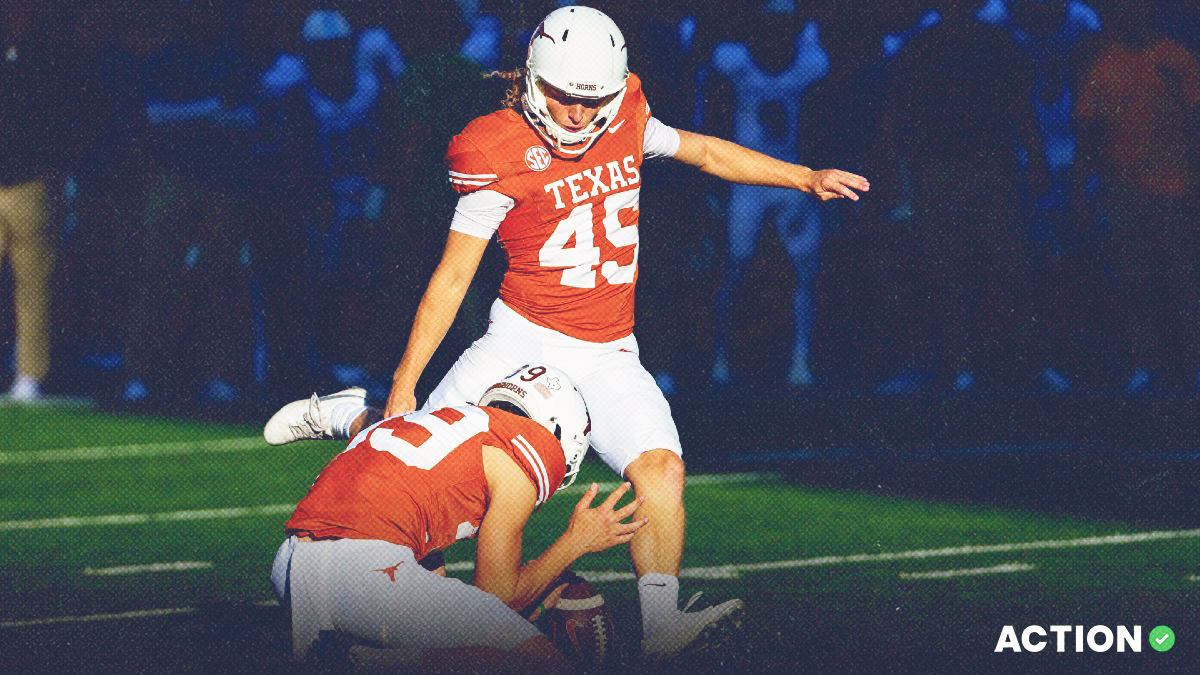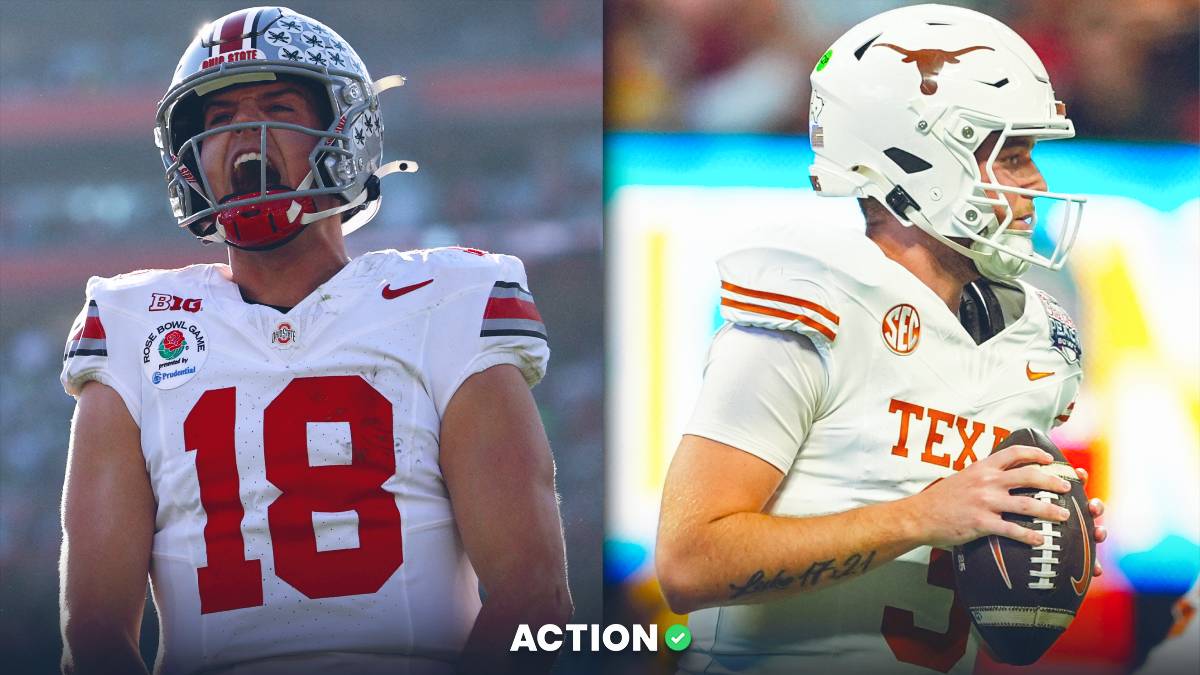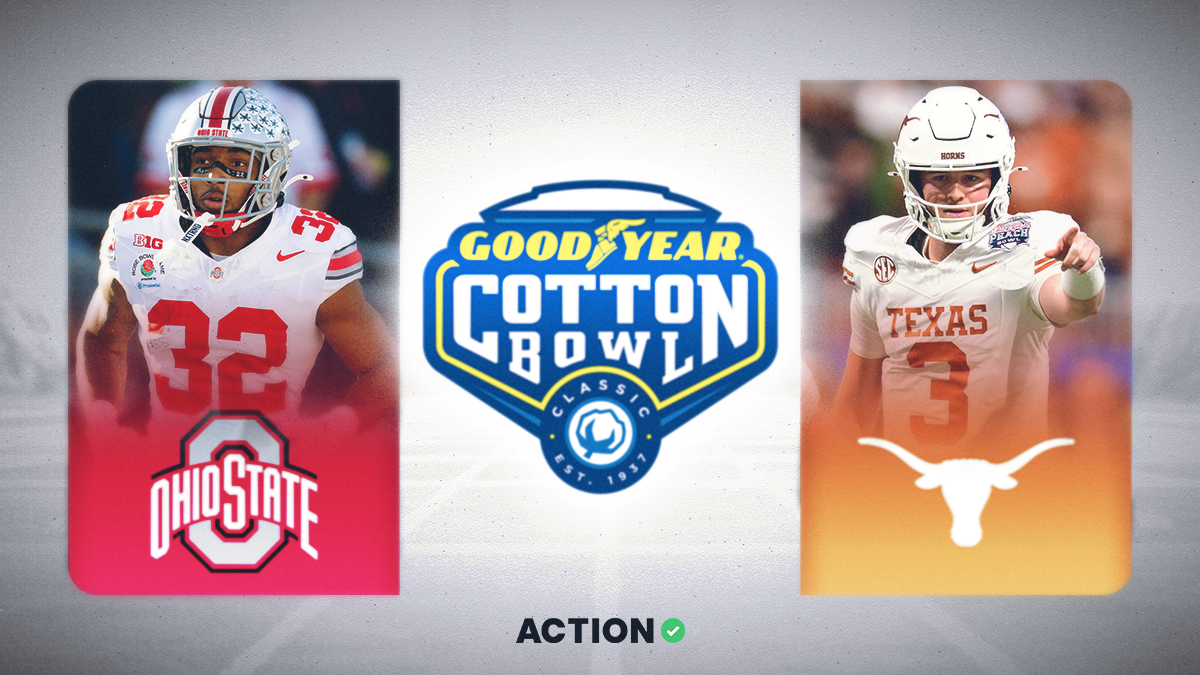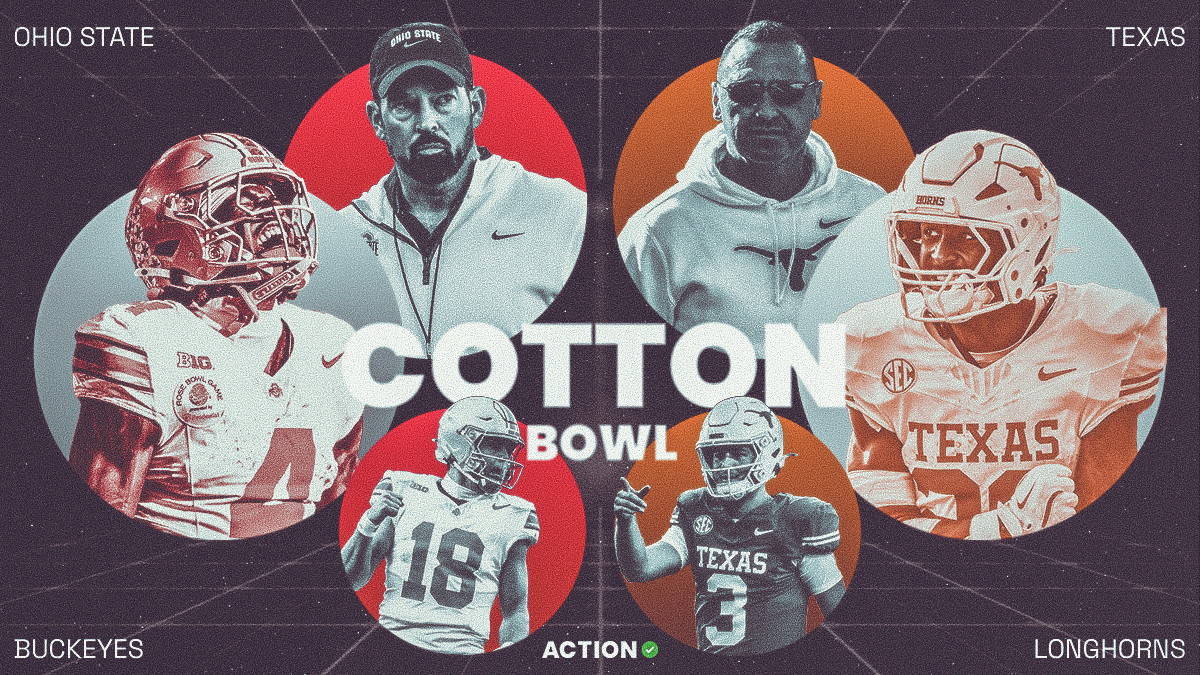At long last, we finally tasted a more authentic brand of college football in Week 4 with the return of the SEC. No one would mistake me for an SEC die-hard, but even I must admit that the Saturday betting card just felt lacking prior to last weekend.
With due respect to D'Eriq King and Miami, the ACC has largely done a poor job supplementing the dearth of compelling conference and national matchups. But the SEC delivered in spades in Week 4:
LSU vs. Mississippi State.
Alabama vs. Missouri.
Tennessee vs. South Carolina.
Florida vs. Ole Miss.
Not only did those matchups rescue us from having to sweat out another Middle Tennessee game, but they also helped us separate the contenders from the pretenders. The defending champion LSU Tigers couldn't even defend their home turf against an upstart Mississippi State. The Georgia Bulldogs looked lost on offense for nearly half of their game against Arkansas. Texas A&M struggled to put away Vanderbilt.
Vanderbilt.
The Limitations of Traditional Rankings Systems
Now that we have some real information on these teams, we're faced with an entirely new challenge: Whether to adjust quickly based on a single-game sample size, or to stay the course and keep our Bayesian priors. And as I'll explore in the body of this article, it's painfully obvious that the AP Top 25 poll is not a useful anemometer with which to measure the winds of change.
College football's traditional rankings system is flawed, and it doesn't make much sense in the modern age — especially in the realm of sports-betting. Handicapping requires a forward-looking approach that operationalizes the myriad variables at play across the world of college football. It doesn't benefit us to rely on a media poll that responds reflexively to events in the past.
There are always scheduling-related issues with comparing teams in the FBS, but this season's COVID-19 disruptions and staggered conference starts amplify that problem even further. So, what's the solution?
The Action Network's College Football Betting Power Ratings
Each week, we compare the AP Top 25 Poll to The Action Network's College Football Power Ratings to see how the betting market differs from conventional ranking systems.
Our power ratings are fueled by Collin Wilson's projections, which aim to judge the true quality of a team based on advanced metrics, coaching changes, year-over-year roster continuity and a host of other underlying components.
You can use his ratings to create a point spread between any two teams in the country on a neutral field — just subtract the higher team's rating from the lower-ranked one.
Collin also publishes projected point spreads for each week's slate of games every Sunday. You can use those projections to target early betting value even before sportsbooks release official lines for the week's action.
College Football Rankings: AP Poll vs. Power Ratings
After Week 4
Notable Team Differences Between the AP Poll and Our Power Ratings
▲ Oklahoma Sooners (+13)
- AP Poll: 3 → 18
- Power Rating: 2 → 5
Yes, I know Oklahoma lost to Kansas State again — for the second consecutive season — and this time in Norman, no less. The Sooners had their opportunities to close out the game, and costly errors cemented their fate. Oklahoma deserves to own this loss, and it's appropriate for us to revisit our previously-held opinions on quarterback Spencer Rattler and the Sooners in general.
However, a 15-rank order difference week over week is far too steep a correction. Oklahoma led 35-14 with two minutes left in the contest. It took a blocked punt and a late interception to complete the Wildcats upset. The much-maligned Sooners defense held Kansas State to 66 yards rushing and 2-for-11 on third downs. Add in 13 penalties for 108 yards on the Wildcats' side, and that should be enough for a talented Sooners offense to seal the win nine times out of 10.
It's not that Kansas State's upset wasn't deserved; of course it was. You can't just erase Rattler's three picks or Seth McGowan's untimely fumble near the end of the third quarter. Clearly, Oklahoma is going to endure some growing pains in its abbreviated transition from Jaylen Hurts and CeeDee Lamb to Rattler and Charleston Rambo.
But 18th in the country? Is that supposed to be a fair assessment of the Sooners' talent? Or instead, is the AP Poll supposed to serve as some kind of reward for teams' streaky excellence? If the latter is true, then I can't wrap my mind around how Pittsburgh (3-0) and BYU (2-0) each trail Oklahoma in the standings. And if the former is true, then the voters are clearly out of their minds.
▲ LSU Tigers (+12)
- AP Poll: 6 → 20
- Power Rating: 7 → 8
See related: Sooner, Oklahoma.
I'll stay my hand here and stop short of reiterating the same vitriolic points I made in my discussion on Oklahoma. Furthermore, I won't make excuses on behalf of the Tigers, either. Sure, Derek Stingley was unavailable to play, and that hurts. But with or without Stingley, allowing 623 passing yards to K.J. Costello is downright sinful.
And yet, despite those admissions, it is still nigh unfathomable to believe that LSU is suddenly no longer a top-10 competitor on the FBS level. The Tigers' 14-rank order decline is not an accurate reassessment of their talent, coaching aptitude, or potential.
If the voters love Mike Leach's offense at Mississippi State so much, then where were they in 2018 when Gardner Minshew was carving up Pac-12 defenses left and right at Washington State? The Cougars didn't even crack the top-10 two seasons ago until they posted back-to-back top-25 wins over Oregon and Stanford to move to 7-1 entering the month of November.
Oh … that's right: The voters don't watch west-coast football. Well, guess what? Bettors do. Anyone with a pulse knew that Mike Leach's offense was going to move the ball effectively, and it was always unfair to expect Myles Brennan to slide right into Joe Burrow's old shoes on the other side of the ball.
The Bulldogs' upset is a credit to the Mississippi State staff, but it shouldn't be a 14-rank indictment of the Tigers. The defending national champions, ranked sixth entering the season-opener, are now suddenly the 20th-best program in the country? Give me a break.
▲ Tennessee Volunteers (+5)
- AP Poll: 16 → 21
- Power Rating: 18 → 16
Alright. For all the indignation I pressed to digital ink on Oklahoma and LSU, at least those teams lost. A defeat deserves a downgrade. I can get behind that.
But this? This one makes no sense whatsoever.
Tennessee opened the season on the road at South Carolina and exited Columbia with a 31-27 win to kick off conference play. For the Alabamas and Georgias of the world, waltzing into Williams-Brice Stadium, winning, and covering the closing line isn't some grand accomplishment. But for this Volunteers team, it is indeed a huge deal.
Ever since Tennessee closed the chapter on Phil Fulmer's coaching tenure in 2008, the Vols have struggled to achieve even a semblance of program consistency, much less achievement. The national media, fans, and bettors alike have been beaten into submission year after year as preseason hype has so quickly dissolved due to early-season stumbles in Knoxville.
In 2017, Tennessee went 0-8 during SEC play. The following year, the Volunteers were absolutely worked in a 40-14 season-opening neutral-site loss to West Virginia. And last season, Tennessee hosted Georgia State in Week 1 and endured national embarrassment by losing 38-30 to a team from the Sun Belt.
Unfortunately for Vols fans, things got worse before they got better. Tennessee lost again hosting BYU in Week 2 and dropped its first two SEC games to Florida and Georgia by a combined 60 points. That's how the Volunteers opened the 2019 season: With a 1-4 overall record and their lone win coming against FCS Chattanooga.
Then, the Volunteers turned a corner, finishing the season on a six-game winning streak capped by a 23-22 win over Indiana in the Gator Bowl. Given that historical context as the backdrop to Tennessee's 2020 Week 4 season-opener, picking up an SEC win on the road to open the season is a very big deal. Not only does it extend Tennessee's winning streak to seven games dating back to last October, but it also dispels some of the Volunteers' early-season demons from the past several years.
And for their effort to get the proverbial monkey off of their back, the Volunteers were rewarded with a five-rank order decline in the AP Top 25 poll. You heard that correctly. Tennessee went from No. 16 in the country to No. 21 after winning its opening road game to kick off SEC play.
And do you know why Tennessee lost ground? It was to make room for newly-installed Big Ten teams, plus one Pac-12 squad (Oregon) that we won't even see play until Week 10.
Think about that. It's Week 5. The SEC just returned for its opening week. We won't see a single Pac-12 team play until November — after most teams from the ACC, SEC and Big 12 have nearly concluded their conference schedules.
And yet, the AP has the audacity to install Oregon at No. 14? What precisely is going to dictate Oregon's movement up and down the polls between now and Nov. 6? Just attrition from the other teams playing actual football? And what if Oregon opens the season 3-0 heading into Thanksgiving? Are the Ducks suddenly a top-10 three-win team among a carousel of 5-2, 6-1 or even undefeated squads that have proven their mettle over a full conference slate?
That's ludicrous. The Ducks have offered nothing to judge. They're not even a viable team; the Associated Press just voted the "idea" of Oregon football into the No. 14 spot. And for the sake of that idea, it kicked Tennessee down five spots in order to facilitate a purely symbolic gesture.
What are we, the United Nations? High-minded rhetoric and empty gestures are standard tools of the trade for a governing body that has no personal stake in the impending battle. Bettors are, in fact, invested in these outcomes, and Oregon's symbolic No. 14 ranking will mean absolutely nothing when the opening whistle blows and players have to crack pads in November.
We've moved Tennessee up to the No. 16 spot — ironically, the precise position it held in last week's AP Poll.
Next week, my commentary will almost assuredly be more subdued. But grant me this one privileged exception to rage against the dying of the light as I hold waning candlelight vigil over the decline of empiricism.
Until Week 6, stay salty, and #RollHumps.


